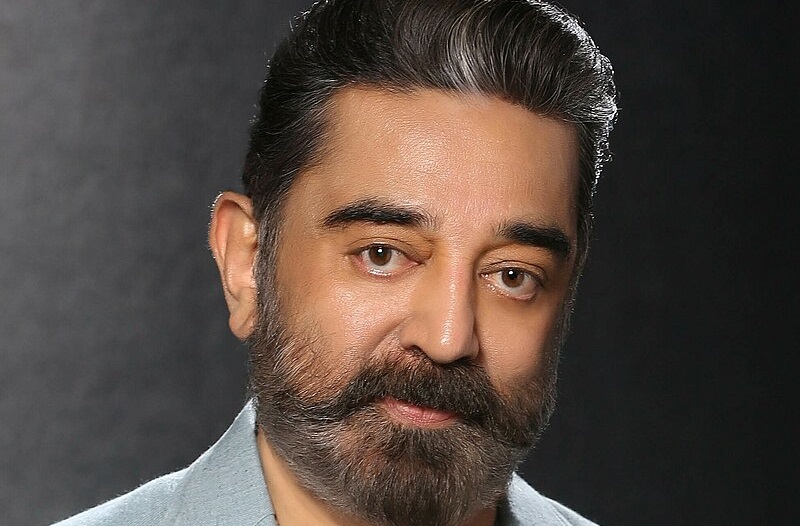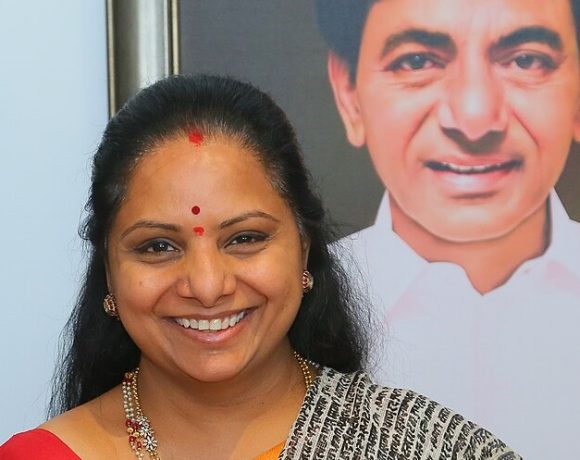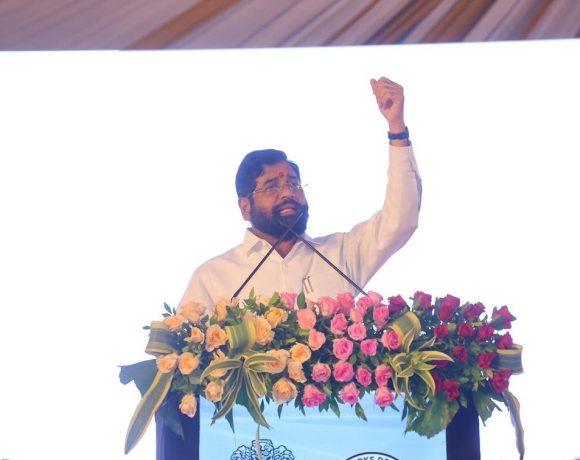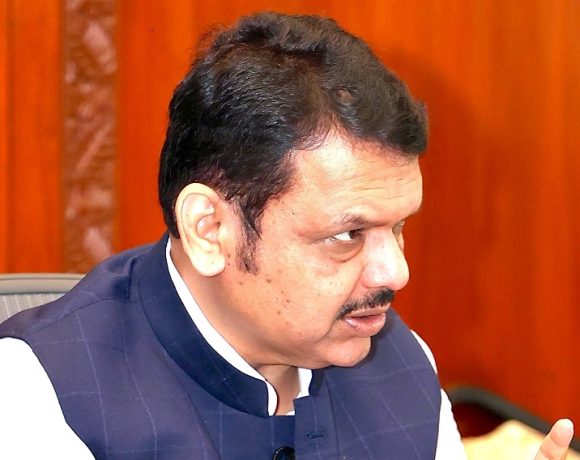
Kamal Haasan Warns Against Imposing Languages on Tamilians
Actor and politician Kamal Haasan recently highlighted the deep-rooted linguistic pride among Tamilians, cautioning against any attempts to undermine their language preferences. Addressing party members in Chennai on the 8th foundation day of Makkal Needhi Maiyam (MNM), Haasan underscored Tamil Nadu’s historical resistance to language imposition.
Historical Context of Language Protests
Tamil Nadu has a storied history of opposing the imposition of non-native languages, notably during the anti-Hindi agitations of the mid-20th century. These protests were marked by widespread demonstrations and, tragically, the loss of lives, as Tamilians stood firm against policies perceived as threats to their linguistic heritage. This legacy continues to influence contemporary debates on language policies in the state.
National Education Policy Sparks Debate
The ongoing discourse has been reignited by the National Education Policy (NEP) 2020, which some interpret as promoting a three-language formula. Tamil Nadu Chief Minister M.K. Stalin expressed concerns that this policy might compel the state to adopt Hindi, potentially disrupting the existing two-language system of Tamil and English. In a letter to Prime Minister Narendra Modi, Stalin articulated apprehensions about possible cultural and linguistic ramifications for Tamil Nadu.
Central Government’s Clarification
In response, Union Education Minister Dharmendra Pradhan clarified that NEP 2020 does not mandate any specific language. He criticized the Tamil Nadu government’s interpretation of the policy, suggesting it was viewed through a “myopic vision” and misrepresented progressive educational reforms as political threats. Pradhan emphasized that the policy aims to promote multilingualism and flexibility, allowing states to tailor implementation based on regional preferences.
Political Reactions and Public Sentiment
The language debate has elicited varied responses from political leaders. BJP’s Tamil Nadu chief, Annamalai, endorsed the three-language policy, asserting that acquiring an additional language would benefit the state’s populace. Conversely, Deputy Chief Minister Udhayanidhi Stalin warned that introducing Hindi could erode the prominence of Tamil, drawing parallels to the diminished use of regional languages in certain northern states due to Hindi’s prevalence.
Conclusion
The discourse surrounding language policies in Tamil Nadu underscores the intricate balance between national educational frameworks and regional linguistic identities. As debates continue, the sentiments expressed by leaders like Kamal Haasan reflect a broader commitment to preserving and honoring the rich linguistic heritage of the Tamil people.


















